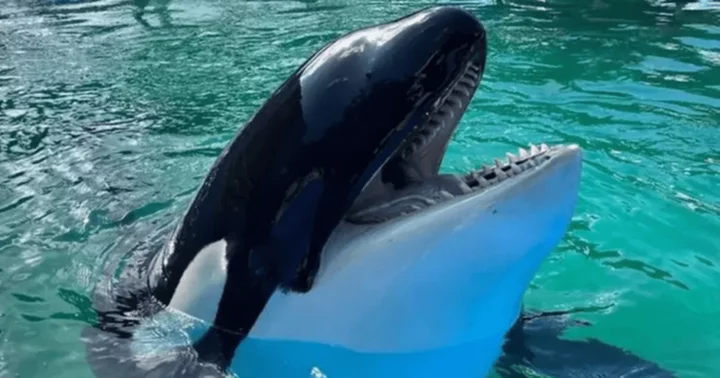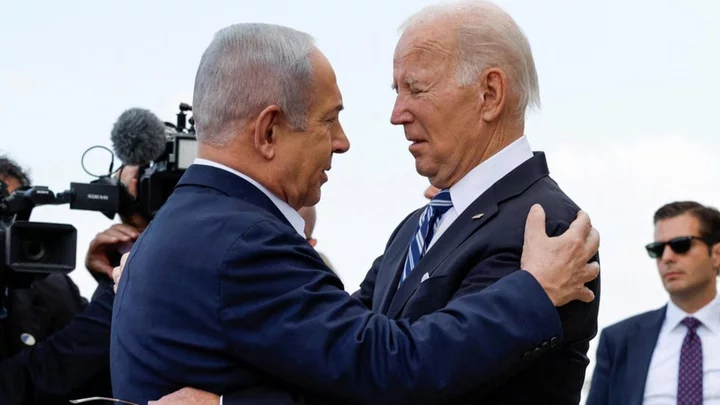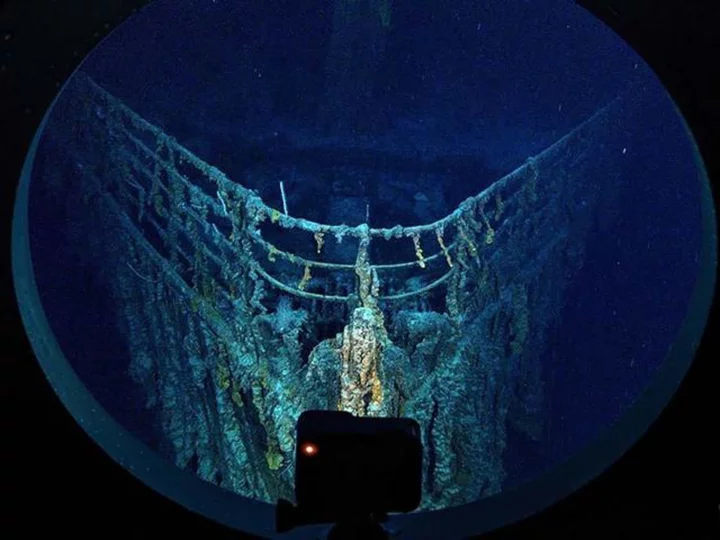BISCAYNE BAY, FLORIDA: Lolita, heartbreakingly known as the "loneliest whale in the world," died at 57 on Friday, August 18. During years of captivity, Lummi Nation, a native tribe, fought hard to free her.
Originally named Tokitae, she was snatched from her natural habitat off the coast of Washington in 1970, at the age of four. Condemned to a life of isolation, she was confined to a tank at the Miami Seaquarium.
The visuals showed her confined in a cramped enclosure, repeatedly banging her head against the tank's edges.
Who are the Lummi Nation?
The Lummi Nation, also known as the Lhaq'temish people, held a deep connection to the whale they affectionately referred to as Sk'aliCh'elh-tenaut or Tokitae.
The Lummi Nation's struggle to reclaim her is intertwined with the haunting legacy of the '60s and '70s, when Washington state callously sold its precious orcas for paltry sums.
Orcas were mercilessly hunted, captured and sold to aquariums and amusement parks worldwide. Lolita, the last surviving victim of this era, remained a painful reminder of this era's cruelty.
While capturing orcas was once legal, Washington eventually banned the practice due to widespread protests and ethical concerns. At 56, she was the oldest whale in captivity, only retiring from performances in 2022 due to illness.
This contrasts with the average lifespan of captive orcas, which rarely extends beyond 45 years. Despite her suffering, her mother, nearly a century old, remains a symbol of the freedom Lolita was denied.
The Lummi Nation relentlessly fought to reunite Lolita with her native waters. “This is her home. Not in Miami in a cement tank," said Squil-le-he-le (Raynell Morris), a Lummi elder and the former associate director of intergovernmental affairs for the White House.
"That's not where she belongs. When they stole her, it affected us. Our families were broken. We ache for our relative," she told K5 in 2022.
A binding agreement was recently reached between The Dolphin Company, the non-profit Friends of Lolita and the Indianapolis Colts owner Jim Irsay to return Lolita to her home waters in the Pacific Northwest in around 18 months.
Why was Lolita called the the 'world's loneliest whale'?
Lolita's existence was one of perpetual agony, confined in a tank that could barely accommodate her. Her companion Hugo's death from repeated head trauma only heightened her isolation.
Since then, she never encountered another of her kind, earning her the heart-wrenching title of the "world's loneliest whale".
The Lummi Nation's efforts, symbolized by a monumental totem pole left in Miami, reflected an $8.5M campaign to free Lolita. The Miami Seaquarium announced her death with a semblance of remorse.
"Despite receiving the best possible medical care, she passed away Friday afternoon from what is believed to be a renal condition," the seaquarium's statement read.
Ths statement added, "Toki was an inspiration to all who had the fortune to hear her story and especially to the Lummi nation that considered her family."









